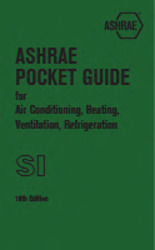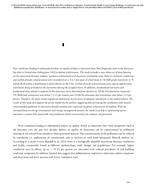A clay roof, several concrete tile roofs, and one conventional direct-nailed shingle roof were installed on a fully instrumented attic test facility operating in east Tennessee’s climate. The roof tiles were attached to batten and counter-batten systems and also fastened directly to the deck to observe the benefits of the venting occurring between the roof’s sheathing and the profiled tile. Roof, attic, and deck temperatures and heat flows were recorded for each of the tile roofs and for the attic cavity covered with a conventionally pigmented and direct-nailed asphalt shingle roof. The data were used to benchmark a computer tool for simulation of roofs and attics and the tool used to develop an approach for computing an equivalent seasonal R-value for sub-tile venting. The approach computed the heat flux through the ceiling of the direct-nailed shingle roof and also the flux crossing the ceiling of a ventilated tile roof. The load for the shingle roof and attic was made equivalent to the load crossing the ceiling of the tile roof and attic by modifying the amount of ceiling insulation for the shingle assembly until both attics had the same annual load. The added R-value equates to the effective annual thermal resistance for the tile roof having different combinations of surface radiation properties (cool color pigments) and or building constructions. Therefore the direct nailed shingle roof served as a control for estimating the equivalent thermal resistance of the air space. Simulations were benchmarked to data in the ASHRAE Handbook — Fundamentals for the thermal resistance of inclined and closed air spaces.
Presented at Thermal Performance of Exterior Envelopes of Whole Buildings XII, December 2013
Citation: Thermal Performance of Exterior Envelopes of Whole Buildings XII
Product Details
- Published:
- 2013
- Number of Pages:
- 15
- File Size:
- 1 file , 3.6 MB
- Product Code(s):
- D-BldConf13-46


